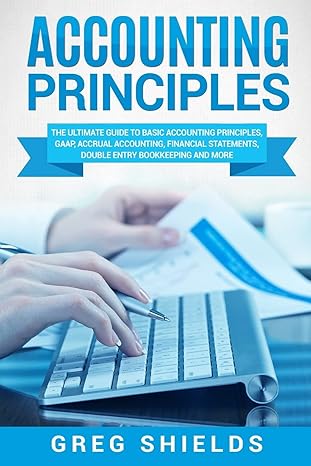Answered step by step
Verified Expert Solution
Question
1 Approved Answer
Which of the following is most likely a non-resident? Which of the following is most likely a non-resident? O a. A person who is born
Which of the following is most likely a non-resident? Which of the following is most likely a non-resident? O a. A person who is born and bred in Australia, lived most of their life here, and who is overseas on a holiday during part or all of the income year. O b. A person who is born and bred overseas, lived most of their life overseas, and is here working or studying for a medium period of time (more than 6 months) and staying in permanent accommodation (such as a house or flat). O c. A person who is born and bred in Australia, lived most of their life here, and who is overseas working during the income year and will be absent for an indefinite period of time. O d. A person who is born and bred overseas, lived most of their life overseas, but who migrates here to live here permanently. Which one of the following is not correct? Which one of the following is not correct? O a. Only those capital assets purchased between 21/9/85 and 21/9/99 can choose to use the index method to calculate their cost base. O b. The assets purchased after 21/9/85 can choose to use the discount method as long as they have been held by the owner for more than 12 months. O c. When netting off capital loss against capital gain, the order of the calculation does not matter. Od. If it is required to calculate the reduced cost base, we do not need to use either of the methods (index vs. discount)
Step by Step Solution
There are 3 Steps involved in it
Step: 1

Get Instant Access to Expert-Tailored Solutions
See step-by-step solutions with expert insights and AI powered tools for academic success
Step: 2

Step: 3

Ace Your Homework with AI
Get the answers you need in no time with our AI-driven, step-by-step assistance
Get Started


